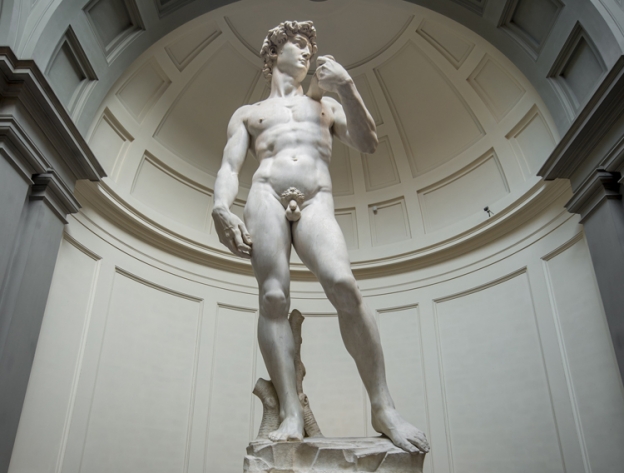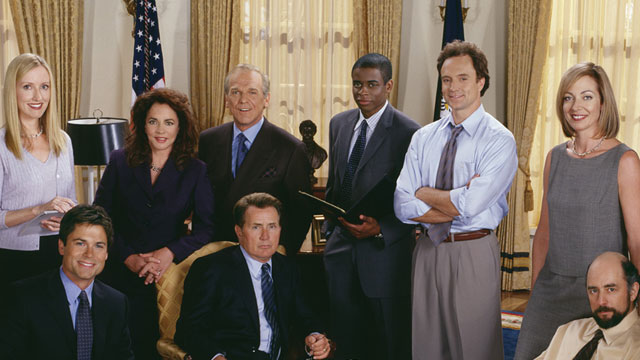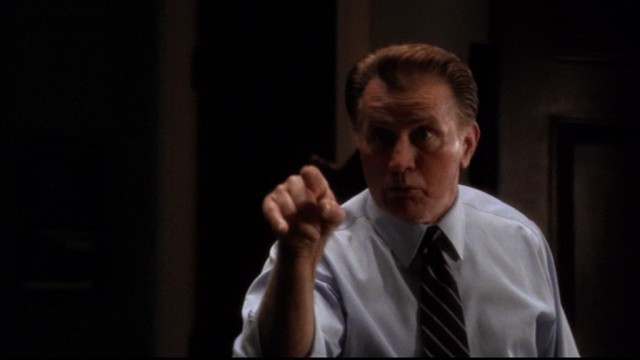Lots of discussion lately about watching sin in movies and television series. The reason appears to be the new season of Game of Thrones. That genre interests me not at all so I haven’t seen any of it, and I’ve only watched one episode of House of Cards (more of the original). Too many episodes of West Wing and Friday Night Lights still to see. (And now there’s Hinterland.)
After watching last night with colleagues and students in the German literature department Run Lola Run, I started wondering again about viewing sin on the screen. Kevin DeYoung and Nick Batzig argue for caution when watching movies with nudity and sex. Even Katelyn Beaty finds her inner Nashville Statement when it comes to watching programs that include rape scenes.
But what about Lola and Manni from Run Lola Run? Here we have a guy entangled with drug dealers (likely) needing to pay them their money after having lost it on a subway. And we have his girlfriend who robs a bank to help her man. And we have a viewer (me) rooting them on. Should I have worried about breaking the ninth commandment?
And is it more heinous to watch a movie that portrays violations of the seventh commandment compared to one that depicts breaking the ninth commandment?
Is the Larger Catechism of any help?
Q. 150. Are all transgressions of the law of God equally heinous in themselves, and in the sight of God?
A. All transgressions of the law are not equally heinous; but some sins in themselves, and by reason of several aggravations, are more heinous in the sight of God than others.Q. 151. What are those aggravations that make some sins more heinous than others?
A. Sins receive their aggravations,
1. From the persons offending; if they be of riper age, greater experience or grace, eminent for profession, gifts, place, office, guides to others, and whose example is likely to be followed by others.
2. From the parties offended: if immediately against God, his attributes, and worship; against Christ, and his grace; the Holy Spirit, his witness, and workings; against superiors, men of eminency, and such as we stand especially related and engaged unto; against any of the saints, particularly weak brethren, the souls of them, or any other, and the common good of all or many.
3. From the nature and quality of the offence: if it be against the express letter of the law, break many commandments, contain in it many sins: if not only conceived in the heart, but breaks forth in words and actions, scandalize others, and admit of no reparation: if against means, mercies, judgments, light of nature, conviction of conscience, public or private admonition, censures of the church, civil punishments; and our prayers, purposes, promises, vows, covenants, and engagements to God or men: if done deliberately, willfully, presumptuously, impudently, boastingly, maliciously, frequently, obstinately, with delight, continuance, or relapsing after repentance.
4. From circumstances of time, and place: if on the Lord’s day, or other times of divine worship; or immediately before or after these, or other helps to prevent or remedy such miscarriages: if in public, or in the presence of others, who are thereby likely to be provoked or defiled.
It looks like what qualifies as more aggravating than something else has a lot to do with the person offended and the time of the offense. Watching a show of a disreputable nature on the Lord’s Day might be worse than seeing it on Wednesday night (as long as your not skipping prayer meeting, of course). And if you watch something the king thinks you shouldn’t see, that carries more weight than — sorry Kevin — your PCA pastor.
But what about point three — the nature of the offense? There it sure looks like stealing from a bank to pay your re-election campaign staff is more heinous than simply stealing from a bank. But maybe I’m wrong. I also see nothing from the catechism to suggest that sexual sins are more heinous than fiscal or false words.
If that’s true, it looks like a lot of people obsess about what is simply looking at entertainment serious art. Whatever might these people make of Michelangelo’s David? A fig leaf, please!!



